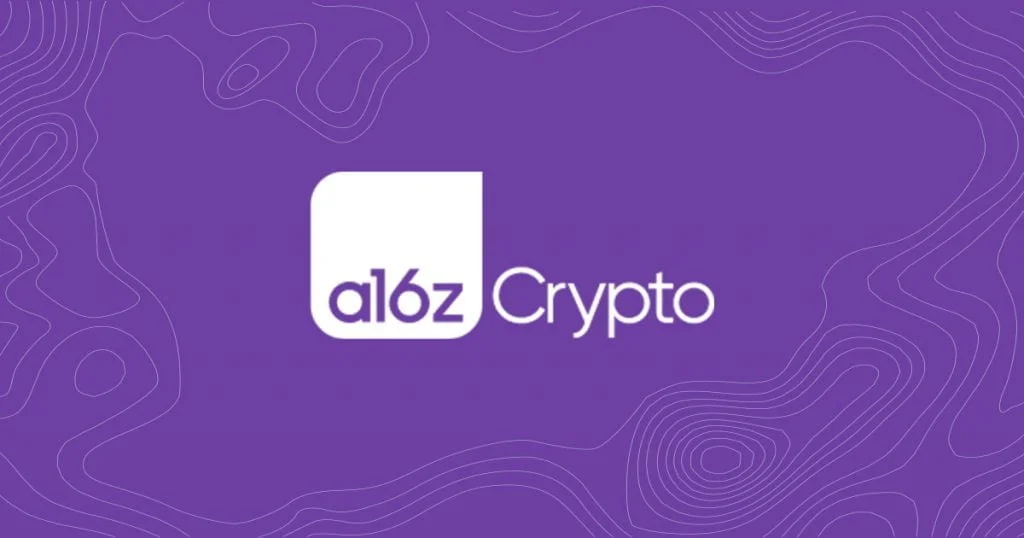Two of the top programmers working on Facebook’s digital currency project have joined Andreessen Horowitz (A16z), a renowned venture capital firm in the crypto sector, to help with its digital asset fund.

Nassim Eddequiouaq and Riyaz Faizullabhoy, according to a CNBC article from Oct. 11, have left Facebook for A16z after two years working on the social media giant’s Novi digital wallet (formerly Calibra).
At A16z’s crypto branch, Faizullabhoy will serve as CTO, while Eddequiouaq will serve as CIO. According to Faizullabhoy,
“Andreessen Horowitz has shown an impressive dedication to advancing the entire crypto ecosystem over the past decade, and we jumped at the chance to join their premier team and provide technical support to their rapidly-expanding portfolio.”
Marc Andreessen, the founder of A16z, has been a member of Facebook’s board of directors since 2008, one year before Andreessen Horowitz was founded.
Through their new jobs, A16z’s new personnel will have a greater “potential to impact the crypto ecosystem on a very broad scale,” according to Anthony Albanese, the company’s COO.
“They’ll be helping our portfolio companies and processes to ensure that they have the safest and advanced systems available,” Albanese said, noting that their former jobs at Facebook were considerably more “specific.”
Before joining Facebook’s Novi project, Eddequiouaq and Faizullabhoy worked at cryptocurrency custody firm Anchorage.
Novi head of strategy Morgan Beller joined VC firm NFX in September 2020, while co-creator Kevin Weil joined satellite imagery business Planet Labs in March of this year, making them far from the first engineers to depart Facebook’s digital currency project.
While Andreessen Horowitz is regarded as a major crypto venture capital firm with to its early and successful investments in Coinbase, Compound, and OpenSea, the business has recently sparked controversy over how its governance voting rights for top decentralized exchange Uniswap were distributed.
While A16z’s votes have been sold to university law schools such as the Harvard Law Blockchain and Fintech Initiative (BFI), the Harvard BFI filed a governance proposal in May arguing for the formation of a decentralized finance lobbying group known as the DeFi Education Fund (DEF).
The idea called for sending $20 million in UNI to the corporation to help fund its activities, with the group promising to sell the tokens over the course of four to five years.
However, less than two weeks after the proposal passed and the tokens were handed to the DEF at the beginning of June, the DEF shocked the DeFi community by announcing it had liquidated $10 million in UNI, drawing condemnation from both the DEF and A16z.
